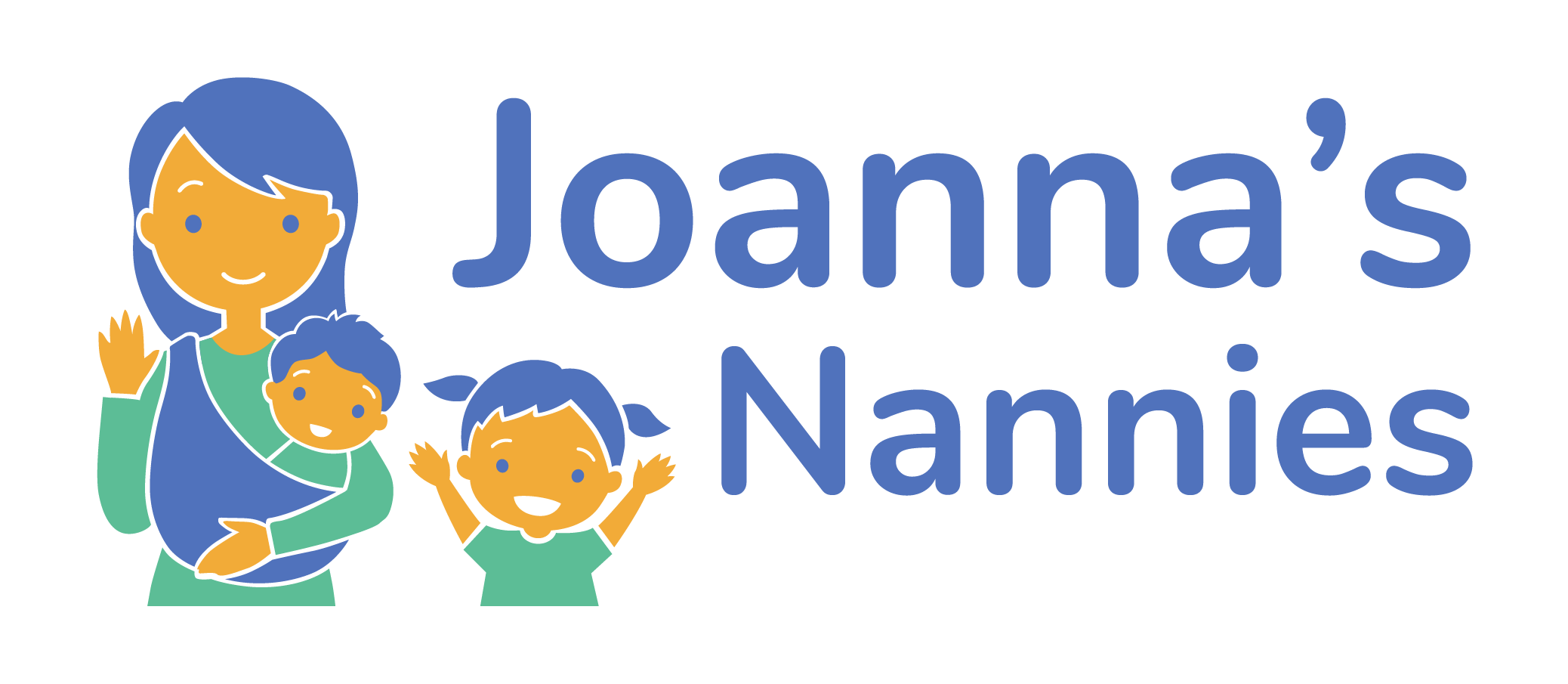Difficult Conversations- Part 1: I Know Better
Anticipating a difficult conversation is one of the most daunting and stomach churning things in our professional lives. "How do I say this without hurting their feelings?" and "What if they go on the defense?" or "What angle do I use?" are common questions running through our minds as we prepare for any and all difficult conversations.
Starting the Conversation
In the Childcare and Nanny industry it can be especially hard when approaching parents about a raise, or reducing your workload, or your reasoning for why a particular practice doesn't work for their children.
Ironically, this should be a very easy and forthcoming process as both the nanny and the parents are on the same team with one goal in mind being the safety and protection of the child. However, sometimes the way to go about collaborating isn't all that easy.
I have composed a short list of common occurrences paired with some advice and phrases on how to go about having these difficult conversations. It is my hope and intention to equip you with the skills to dive head first into possible conflict and come out feeling that the situation was handled maturely all while leaving both parties pleased and in good standing.
Honesty
The most important part of having difficult conversations is being honest. Some people confuse honesty with brutal honesty. The truth is a hard pill to swallow sometimes but that doesn't mean we have to be harsh while being honest. There is a time and place for both but being forthright is the key to the success of your conversation.
I Know Better:
Sometimes parents don't have all the facts. You've seen the baby 1 vs. baby 2 commercials where the parents are helicopter-like with their first baby and a then a shift occurs with baby 2 where the parents are more relaxed and laissez faire. It is a hard balance to maintain as nanny especially when your experience may prove to be superior in method.
When a parent has asked you to perform a particular duty or use a certain product that you know may not be best or even harmful to the child you must speak up.
How?
First and foremost be upfront. Do not say "I think" or " feel"-- use conviction. Use facts and research to back up your reasoning, do not make anything emotional. Lastly, give reason and make sure you explain your 'why' or 'because'.
For example:
"I noticed that you allow (child) to play with this kind of toy. This worries me because they are in X stage of development they could swallow a small piece and choke."
Honest. Factual. Reasonable.
These are the most important things to remember when approaching your clients and families with a difficult topic. If you incorporate these things along with a respectful tone, clients will appreciate your honesty and be more inclined to heed your advice!

